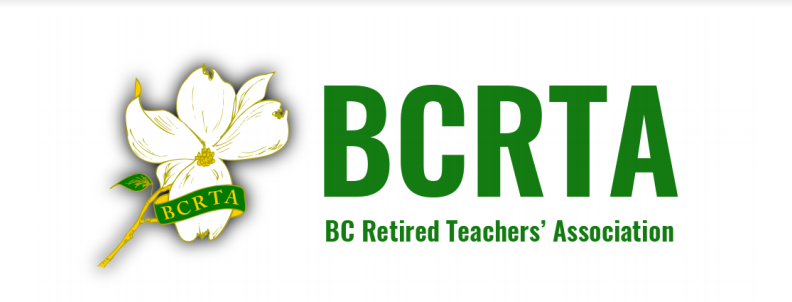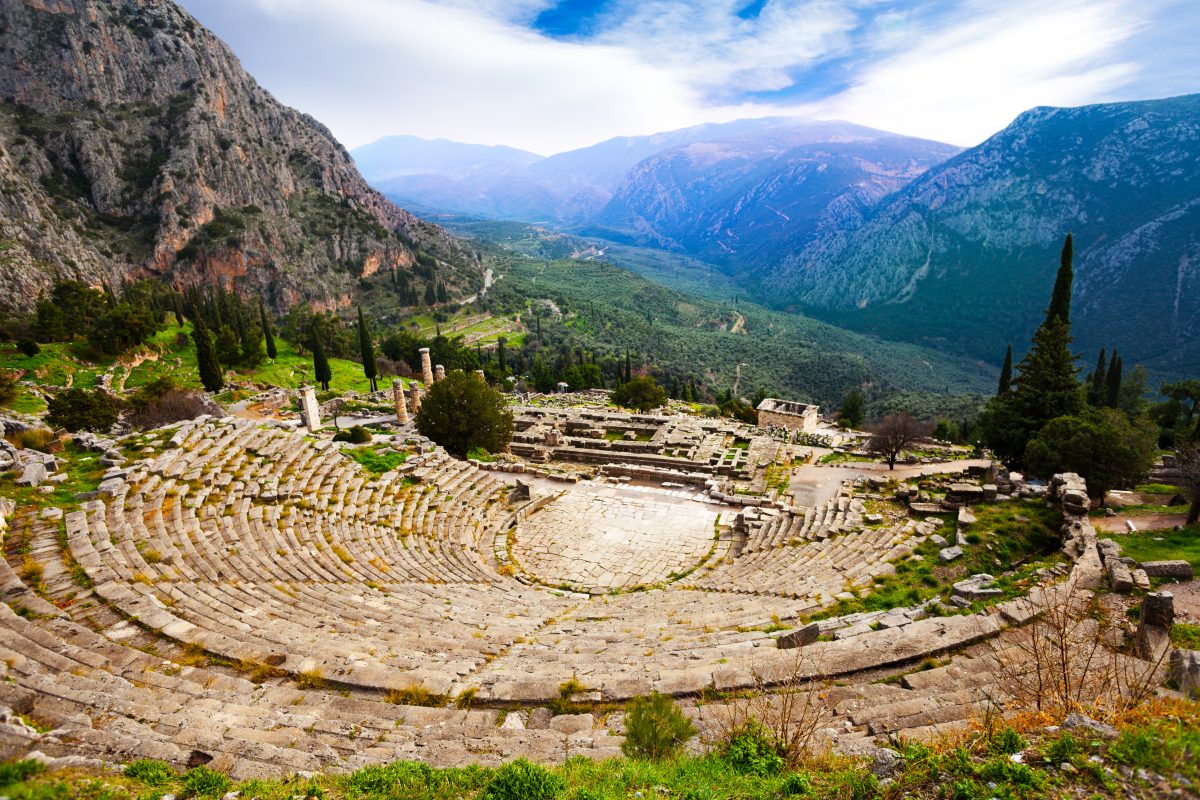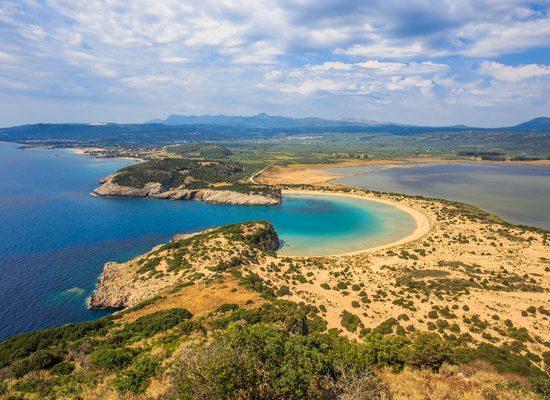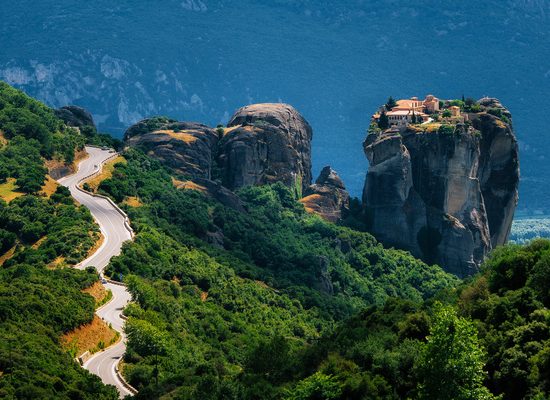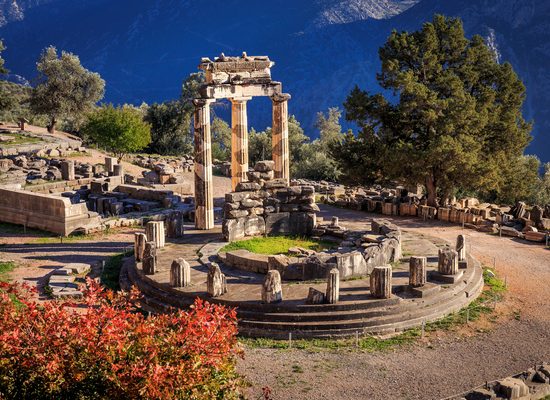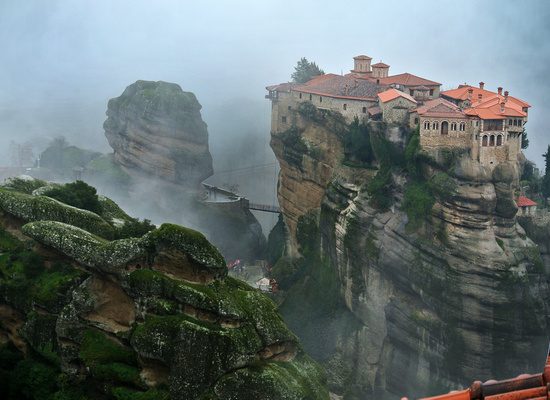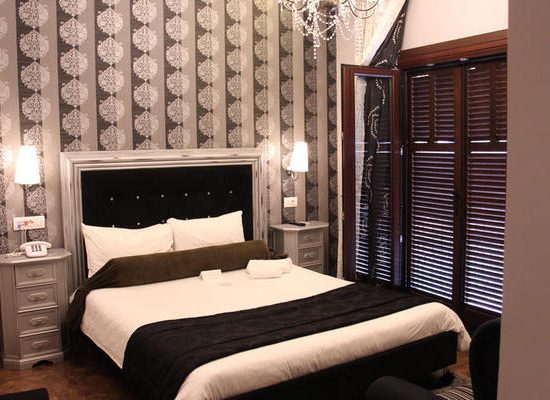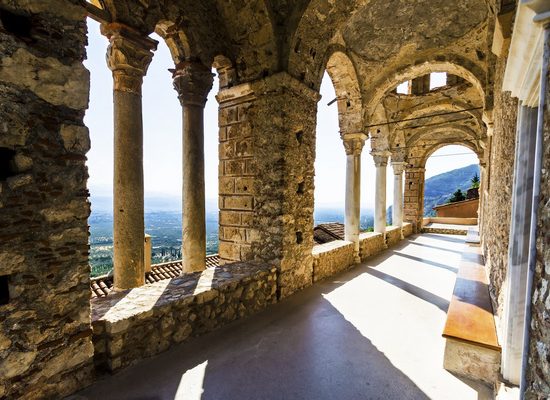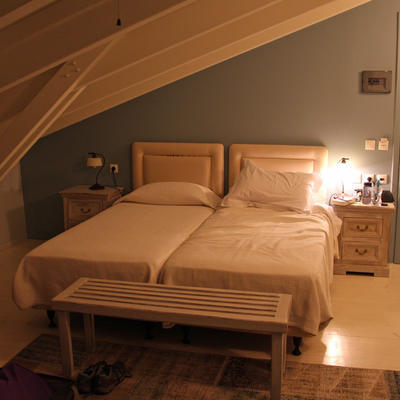Highlights of Ancient Greece: 8-Nights
$3045 $2895 per person
⭐⭐⭐⭐
*Prices are per person in CAD dollars, based on double occupancy; land only
*Price displayed is the lead in rate and the discounted rate includes the member savings
Journey through thousands of years of history and major UNESCO Worldwide Heritage sites.
Starting in the capital city Athens, we’ll visit some of the most significant archaeological sites in the country, including the Acropolis, Ancient Mycenae and Epidaurus. We’ll also visit the mediaeval castle town of Mystras, Ancient Olympia, where the first Olympic Games took place, Delphi, where heaven and earth met in the ancient world, and the unique ‘stone forest’ of Meteora, one of the largest Orthodox communities in Greece and the Balkans. At the same time, we’ll cover a large part of mainland Greece, including the Peloponnese Peninsula and Central Greece, enjoying both the beautiful coastline and lush forests and mountains!
What’s Included: All breakfasts; All accommodation; All transport and listed activities; Tour leader and archaeological guide throughout
*MEMBER BENEFIT: $150 CAD off per person. Discount off Land Only; Price valid for new bookings only; Cannot be used in conjunction with any other discount or offer; Excludes Tailormade tours.

Call for assistance: 1-800-481-9739 ext. 1
Mention Promo Code for Savings: 3068
Departure Dates
October 14
November 4, 18
March 9, 23
April 20
May 11, 18
June 1, 15
August 31
September 14, 28
October 12
November 2
-
Destination
-
Arrival City
Athens, Greece -
Departure City
Athens, Greece -
Activity Level
The tour is not physically demanding, however at several sites (such as in Mystras, Delphi and Meteora), some walking is necessary to explore the places. -
Passenger Limit
4-16 passengers
Start Athens
There are no included activities today so you are free to arrive in Athens at any time. The group flight usually arrives into Athens in the early afternoon.
Accommodation: Arethusa Hotel or similar
Meals Provided: None
Morning walking tour of Athens, including the Acropolis, the Museum of Acropolis and Plaka; afternoon free to explore Athens.
Accommodation: Hermes Hotel or similar
Meals Provided: Breakfast
To Nafplio, visiting Ancient Corinth and Mycenae en route.
Accommodation: Rex Hotel or similar
Meals Provided: Breakfast
Morning visit to the fortress of Palamidi; afternoon explore Ancient Epidavros.
Accommodation: Lakonia or Maniatis Hotel or similar
Meals Provided: Breakfast
Morning explore the UNESCO World Heritage site of Mystras; afternoon to Pylos, visiting Ancient Messene en route.
Accommodation: Hotel Karalis or similar
Meals Provided: Breakfast
Morning explore the Castle of Pylos; afternoon visit seaside village of Methoni; to Olympia or Katakolo.
After breakfast, we will visit the Castle of Pylos, which also hosts a fine exhibition and museum of underwater antiquities. Here you will find out more about underwater archaeology in Greece, how research, excavations and preservation of the antiquities take place. You will also see some contents from shipwrecks found in the sea near Peloponnese and Ionian islands.
Accommodation: Olympic Village Hotel or similar
Meals Provided: Breakfast
Explore Ancient Olympia, the site of the first Olympic Games.
Accommodation: Nidimos Hotel or similar
Meals Provided: Breakfast
Morning explore the UNESCO World Heritage site of Delphi; afternoon visit Arachova on the slopes of Mount Parnassus; to Meteora.
Accommodation: Hotel Meteoritis or similar
Meals Provided: Breakfast
Explore the UNESCO World Heritage site of Meteora; afternoon to Athens and end.
Meals Provided: Breakfast
